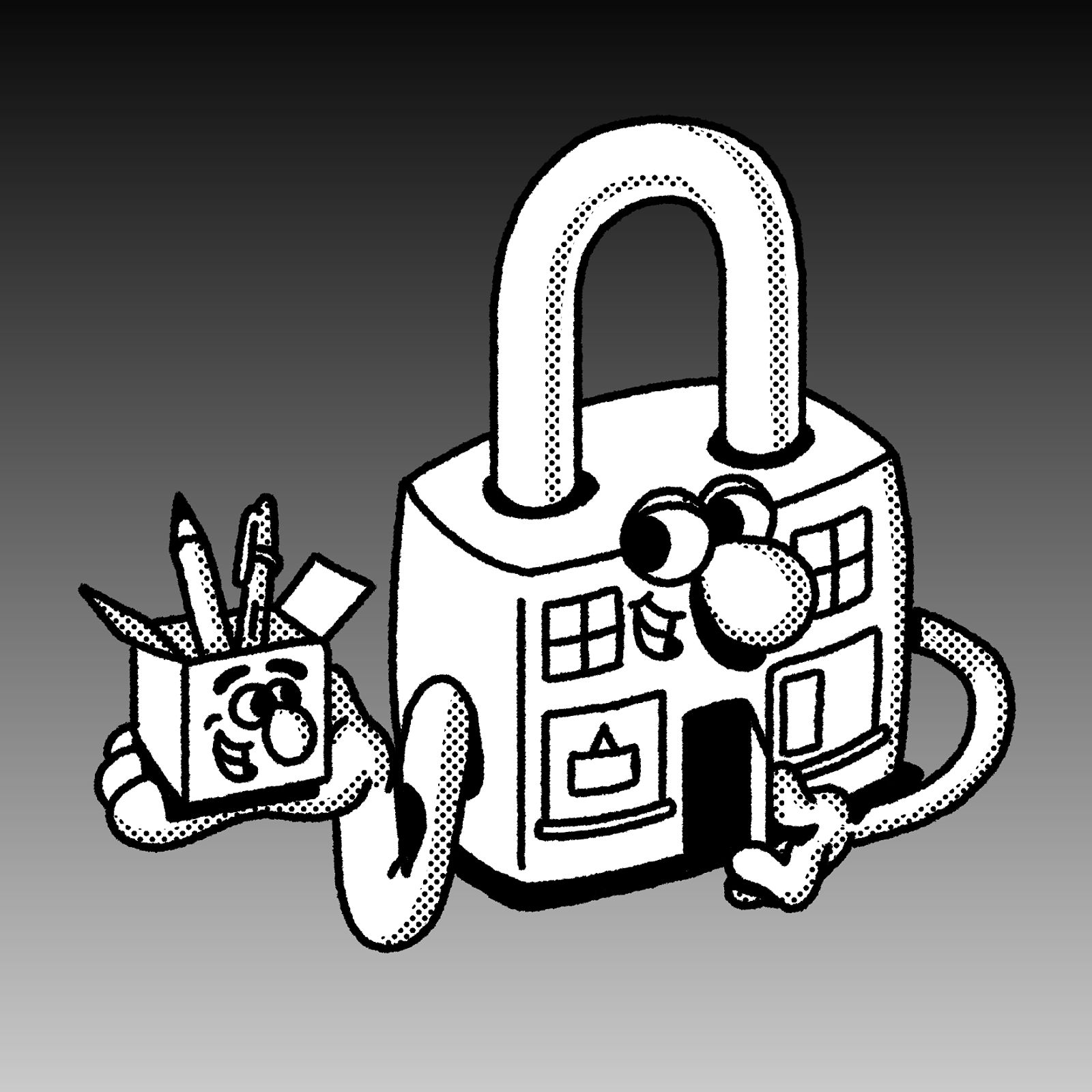Navigating the complexities of small business insurance in Virginia can be daunting. Many entrepreneurs overlook crucial coverage areas, leaving their businesses vulnerable to significant financial losses. This guide provides a comprehensive overview of Virginia’s small business insurance landscape, helping you identify and address potential gaps in your protection. We’ll examine various policy types and strategies for optimizing your coverage, ensuring you make informed decisions for your business’s long-term success.
Understanding Your Insurance Needs
Before you dive into the world of small business insurance in Virginia, it’s essential to assess your current insurance situation and understand your specific needs.
Evaluate Existing Policies

Start by taking stock of your existing insurance policies. What types of coverage do you currently hold? Review the policy limits, deductibles, and renewal dates. This thorough evaluation is crucial to determine whether your current coverage adequately protects your business against potential risks.
Identify Coverage Gaps

After assessing your existing policies, identify any coverage gaps. Many small businesses in Virginia often overlook critical protections such as additional liability coverage, property damage, and business interruption insurance. Consider your business activities: Do you regularly interact with clients? If so, additional liability protection may be necessary to shield against claims of injury or property damage. Understanding these nuances allows you to tailor your insurance to meet your operational needs effectively.
For example, a restaurant in a high-traffic urban area faces different risks than a home-based bakery. The restaurant might need higher liability coverage due to the potential for customer injuries or foodborne illnesses, while the bakery might prioritize property insurance to protect its equipment and inventory. Furthermore, cyber liability is becoming increasingly important, especially for businesses that handle customer data online. A data breach can lead to significant financial losses and legal repercussions.
Review Policy Exclusions

Each insurance policy has exclusions—situations that are not covered. It’s essential to carefully review these limitations in your current policies. For instance, many general liability policies exclude intentional acts or specific types of professional errors. Being aware of these exclusions can prevent unpleasant surprises when filing a claim.
Assess Your Risk Profile
Your business’s risk profile is a critical factor in determining your insurance needs. Consider aspects such as your industry type, business location, and the number of employees. For example, a construction company typically faces higher risks than a consulting firm. Therefore, evaluating these factors helps you establish appropriate coverage levels.
Finding the Right Small Business Insurance Providers
With a clear understanding of your insurance needs, the next step is to research and select the right small business insurance Virginia providers.
Research Reputable Providers

Begin your search by looking for both national and local insurance providers. Focus on companies with strong reputations, excellent customer service, and user-friendly online platforms. Reading customer reviews can provide valuable insights into their claims processes and overall satisfaction levels.
Obtain Quotes and Compare Policies

Request quotes from multiple small business insurance Virginia providers to gain a comprehensive understanding of your options. Pay attention to each policy’s details, including coverage limits, deductibles, and premium costs. While it might be tempting to choose the cheapest option, consider the overall value and quality of coverage offered.
Beware of overly aggressive sales tactics. Legitimate insurers will provide clear, concise information and answer your questions thoroughly. Don’t hesitate to seek a second opinion from an independent insurance agent who can compare quotes from multiple providers.
Understand the Fine Print
It’s essential to carefully read the fine print of each policy you are considering. Differences in coverage, exclusions, and claims processes can significantly affect your experience and financial protection. Take your time to compare these aspects thoroughly.
Evaluate Provider Ratings
Investigate potential providers’ ratings and reviews from independent sources. This research can shed light on their reliability, responsiveness, and customer service, helping you make an informed decision.
Essential Types of Small Business Insurance in Virginia
Familiarizing yourself with the various types of small business insurance Virginia offers is crucial for ensuring comprehensive protection.
General Liability Insurance
General liability insurance is foundational for most small businesses. It protects against claims of bodily injury and property damage that may occur during business operations. In Virginia, the average cost of general liability insurance varies based on factors like industry, number of employees, and location. For instance, construction firms often face higher premiums compared to service-oriented businesses.
It’s important to note that the specific coverage amounts needed will vary based on your business’s operations and risk assessment. A higher coverage limit might be necessary if your business involves handling hazardous materials or operating heavy machinery.
Workers’ Compensation Insurance
In Virginia, businesses with more than two employees are required to carry workers’ compensation insurance. This policy covers medical expenses and lost wages for employees injured on the job. Understanding the requirements for workers’ compensation is vital to remain compliant with Virginia business insurance requirements.
Commercial Auto Insurance

For businesses that own or operate vehicles, commercial auto insurance is essential. Unlike personal auto insurance, this coverage protects against accidents that occur during business-related activities. Understanding the differences between personal and commercial auto insurance ensures you have the right coverage for your business needs.
Professional Liability Insurance
Professional liability insurance Virginia, also known as errors and omissions insurance, is crucial for businesses providing professional services. This coverage protects against claims of negligence, errors, or omissions in the services provided. In Virginia, this type of coverage is especially important for professions such as consulting, legal, and medical services.
Commercial Property Insurance

Commercial property insurance safeguards your business property, including buildings, equipment, and inventory, against damage or loss from various risks. This coverage is essential for businesses with physical locations and assets.
Cyber Liability Insurance
Cyber liability insurance is rapidly gaining importance. With the increasing reliance on technology and the rising threat of cyberattacks, this coverage protects businesses against data breaches, ransomware attacks, and other cyber-related incidents. The cost of recovering from a cyberattack can be substantial, including legal fees, regulatory fines, and the cost of notifying affected customers. Consider adding this coverage to your policy, even if your business is relatively small.
Optimizing Your Small Business Insurance in Virginia
Once you’ve selected a provider and policy, it’s time to optimize your coverage to ensure it meets your business needs effectively.
Bundling Insurance Policies
One effective strategy for saving costs is bundling multiple insurance policies with a single provider. This approach often results in discounts, making it a financially viable option for many small business owners. Consider bundling general liability, commercial property, and workers’ compensation insurance to maximize savings while ensuring comprehensive coverage.
However, bundling isn’t always the most cost-effective approach. Sometimes, securing individual policies from different insurers may offer better coverage or more competitive pricing. It’s essential to compare both bundled and individual policy options before making a decision.
Adjusting Coverage Limits
As your business grows, so will your insurance needs. Regularly review and adjust your coverage limits to ensure they adequately protect your business assets and operations. For example, if your business expands or you acquire more valuable equipment, increasing your coverage limits may be necessary.
Negotiating Premiums and Deductibles
Don’t hesitate to negotiate premiums with your insurance provider. In some cases, increasing your deductibles can lower your monthly premiums. However, ensure that the higher deductible is manageable in case of a claim.
While negotiation is possible, remember that insurers base premiums on risk assessment. Excessively low premiums might indicate insufficient coverage. Prioritize adequate protection over the lowest possible price.
Implementing Risk Management Strategies
Implementing effective risk management strategies can help reduce your overall insurance costs. Consider establishing workplace safety programs, conducting employee training, and maintaining regular equipment inspections. These proactive measures can lower your risk profile, potentially leading to reduced premiums.
Cost Considerations and Virginia Business Insurance Requirements
Understanding the cost of small business insurance in Virginia and the requirements for compliance is essential for all business owners.
Small Business Insurance Virginia Cost
The cost of small business insurance Virginia can vary significantly based on several factors, including your industry, location, and risk profile. To find the cheapest small business insurance Virginia options, consider bundling policies, negotiating premiums, and implementing risk management strategies to lower your overall costs.
Virginia Business Insurance Requirements
Different business types in Virginia have varying insurance requirements. For example, businesses structured as LLCs must comply with specific regulations, including carrying workers’ compensation insurance if they have employees. Understanding these requirements ensures you remain compliant while securing the necessary coverage.
Business Insurance for LLC in Virginia
For limited liability companies (LLCs), it’s crucial to tailor your insurance to meet specific needs. Small business insurance for LLCs should include general liability, property, and professional liability insurance, depending on the nature of the business. This comprehensive approach helps protect the business and its owners from potential risks.
Conclusion
This guide has provided a comprehensive overview of small business insurance in Virginia, covering the assessment of needs, selection of providers, essential coverage types, and cost-saving strategies. By understanding your specific risks and diligently comparing options, you can secure the right insurance protection for your business, ensuring its long-term success and peace of mind. Start comparing quotes from reputable Virginia providers today to find the best coverage for your business needs.
